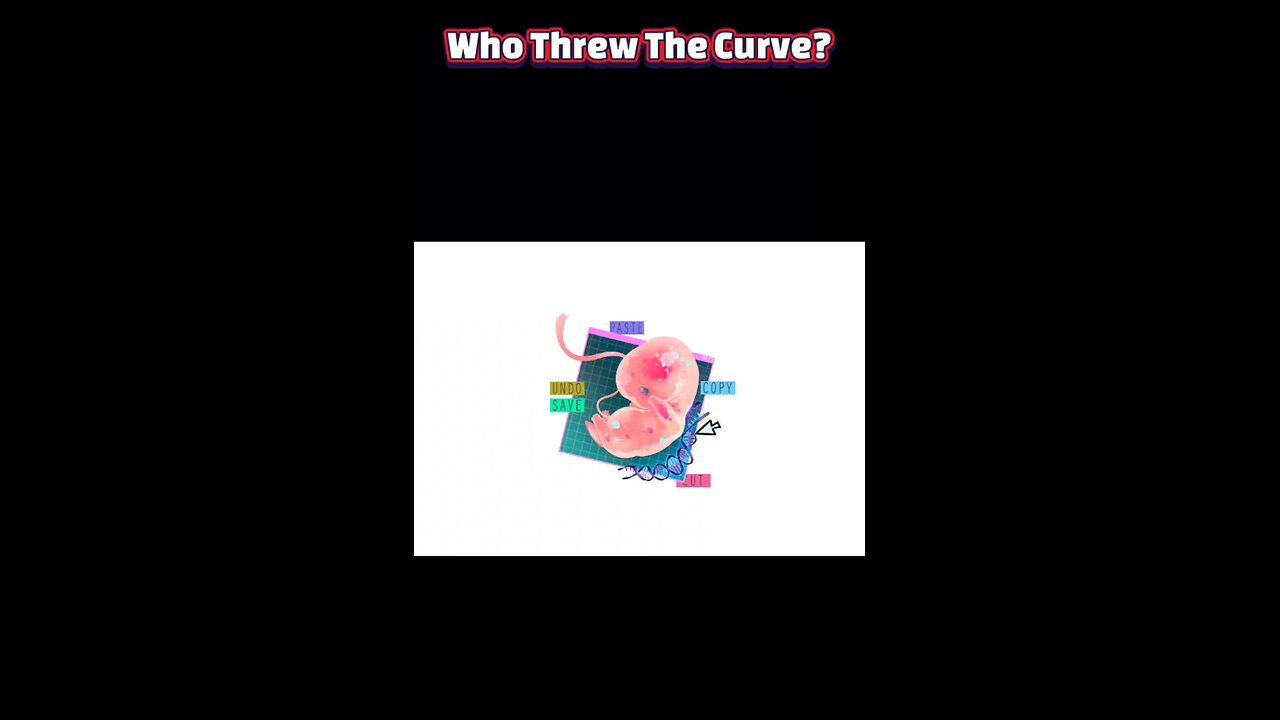Premium Only Content

CRISPR Babies: Fixing Hereditary Diseases or Playing God? (Sarcasm Included)
#GeneEditing #CRISPR #Bioethics #DesignerBabies #PreventDisease #ScienceHumor #FutureOfMedicine #PlayGodDebate #GeneticsTalk #EthicalScience
Should gene editing in embryos be allowed to prevent hereditary diseases?
Here’s the bottom-line verdict: yes, we should let gene editing in embryos prevent hereditary diseases, because the only thing more charming than a world free of cystic fibrosis is arguing in circles about whether it’s “playing God.” Now, let’s unpack that with all the irony and wit this topic deserves.
The first upside is obvious: editing out genetic defects before the baby even has a chance to complain about nap time means fewer people suffering through conditions like sickle cell anemia or Tay-Sachs. Think of it as a pre-emptive warranty on human bodies, no add-on packages required. If you can spare a few electrons to zap a faulty gene, why wouldn’t you? It’s not like we’re bored humans with nothing better to do than tweak DNA… oh wait.
Naturally, enter the “designer baby” drama. Cue the outrage: “Next thing you know we’ll be customizing eye color, height, and perfect cheekbones!” As if society hasn’t already been sorting toddlers by swim lessons and SAT prep. The real risk is unleashing a consumer-grade eugenics market, “Oops, I added a gene variant for Mozart chops instead of math aptitude.” But if our regulatory bodies can handle fancy car recalls, perhaps they can handle a little genetic fine-tuning too.
Safety concerns deserve their turn on stage: off-target edits, mosaicism, unforeseen mutations, basically the biological version of punching random keys until your spreadsheet doesn’t crash. But every revolutionary technology needed its guinea pigs, whether it was early Parkinson’s patients or volunteer astronauts. We just have to ensure that the guinea pigs don’t end up as headline fodder for “When CRISPR Goes Rogue.”
So yes, let’s permit embryo gene editing under tight oversight, rigorous trials, and ethical guardrails, preferably ones that prevent anyone from marketing “gluten-free genes” on Etsy. Because curing hereditary disease is a far cry from ordering a blue-eyed superstar, and the former is a moral no-brainer.
-
 2:06:23
2:06:23
Inverted World Live
7 hours agoEpstein Worked for CIA According to OMG Reporting | Ep. 114
127K37 -
 3:14:39
3:14:39
TimcastIRL
8 hours agoTrump DOJ Indicts James Comey, The ARRESTS Have BEGUN | Timcast IRL
316K357 -
 7:54:14
7:54:14
SpartakusLIVE
9 hours ago#1 Hulking MASS squashes NOOBS for viewers’ DELIGHT
69.8K2 -
 1:32:21
1:32:21
The Charlie Kirk Show
8 hours agoTHOUGHTCRIME Ep. 98 — The Comey Indictment? Antifa Agenda? Charlie and the Cubs?
122K57 -
 1:04:56
1:04:56
Sarah Westall
8 hours agoPolitical Assassinations, Targeted Hit Lists - Manufactured Chaos w/ Harley Schlanger
77K12 -
 1:11:31
1:11:31
Flyover Conservatives
14 hours agoThe “J Walker” Secret: One Daily Habit That Shifts an Entire City - Tammy Hotsenpiller | FOC Show
66.9K4 -
 2:12:02
2:12:02
Mally_Mouse
11 hours ago🎮Throwback Thursday! Let's Play: Wii Sports Resort!
54.7K2 -
 5:43:34
5:43:34
Akademiks
7 hours agoATLANTA IS BACK. Young Thug and YFN best buddies now. ATL backs Thug officially!
70.9K2 -
 5:40:35
5:40:35
Reolock
9 hours agoWoW Classic Hardcore | 3 LEVELS REMAIN
52K3 -
 3:00:23
3:00:23
Sgt Wilky Plays
8 hours agoThirst Trap Thursday | Regiment Donor Drive
41.1K